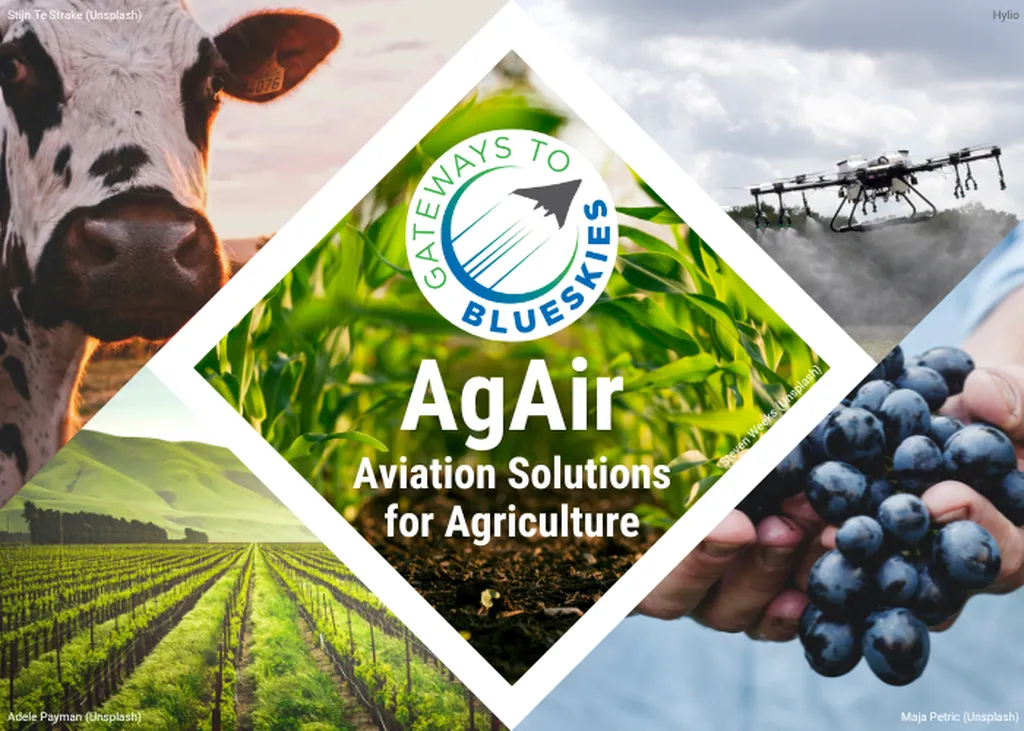The Cooperative Extension Service is opening doors for high school students to explore the intersection of agriculture and technology through its 2026 Ag-Tech Career Exploration program. Now in its second year, the initiative aims to introduce the next generation to the evolving field of agricultural technology, where innovation is reshaping how food is grown, managed and distributed.
The seven-month program, running from January to July 2026, offers 20 students aged 16 to 19 a mix of hands-on workshops, job shadowing and study tours—both within Arkansas and abroad. Participants will delve into cutting-edge tools like drones, precision sensors, robotics and data analytics, gaining exposure to real-world applications in food genetics, livestock management and sustainable farming. The program also includes visits to research centers, such as the Milo Shult Agricultural Research and Extension Center, and interactive experiences like escape rooms and team-building activities to foster collaboration.
Kayla Machen, extension leadership program technician for the University of Arkansas System Division of Agriculture, emphasizes the importance of reaching students at this stage in their education. “This is a time when many are deciding what to study or what career path to take,” she said. “By showing them the technological side of agriculture, we’re helping them see opportunities they might not have considered before.”
Agriculture remains Arkansas’ largest industry, and technology is increasingly vital to its success. Precision tools allow farmers to optimize resources, improve efficiency and meet growing demands—all while addressing sustainability challenges. Yet, as the sector advances, so does the need for a skilled workforce. Programs like ACE aim to bridge that gap by sparking interest in ag-tech careers early on.
“These students are the future innovators of agriculture,” Machen said. “When they understand how technology solves real-world problems, they’re more likely to pursue studies or careers that keep the industry moving forward.”
The 2026 cohort will include an international study trip, with the destination revealed only at orientation. Last year’s participants traveled to Panama, gaining global perspectives on agricultural practices. While long-term impacts of the program are still emerging, early feedback suggests students leave with greater confidence in using technology and a clearer vision of potential career paths.
Applications for the 2026 program are open until October 30, 2025, with details available on the Cooperative Extension Service’s ACE webpage. For students curious about technology’s role in shaping the future of food and farming, the program offers a firsthand look at where innovation meets tradition.

